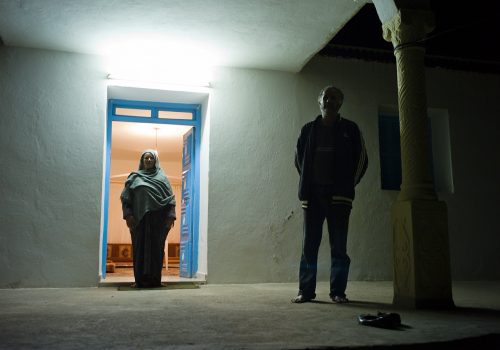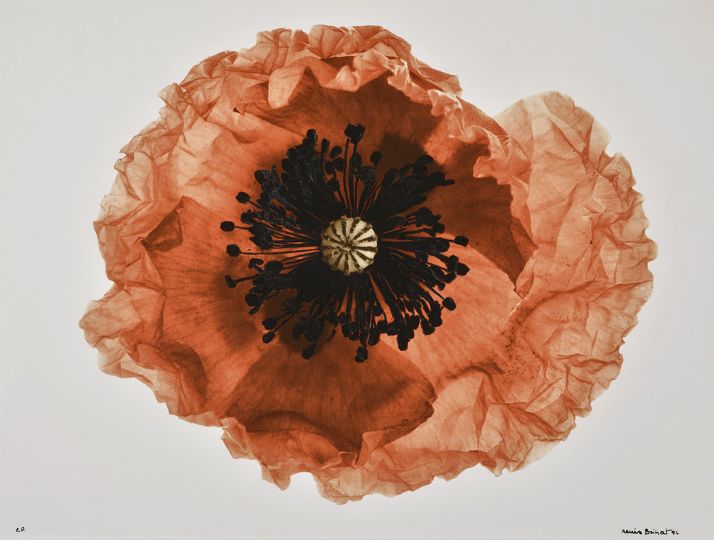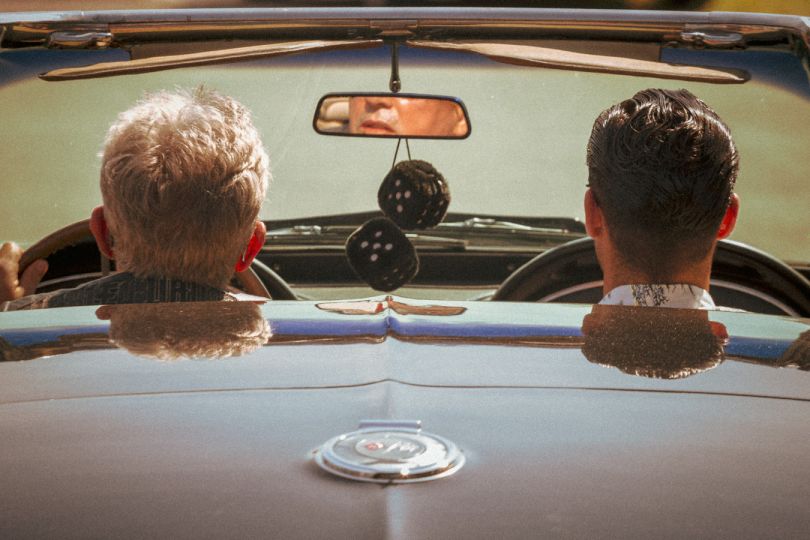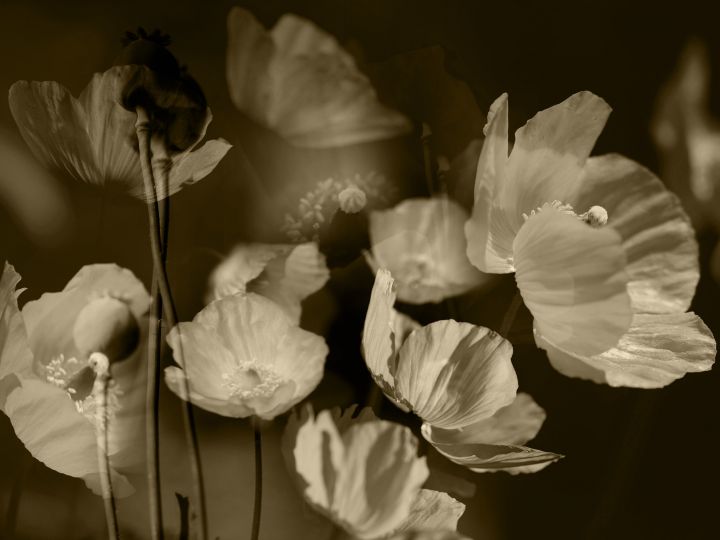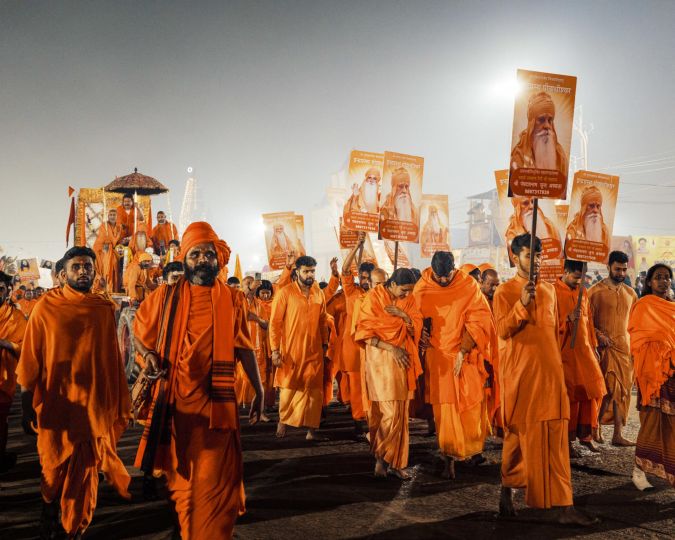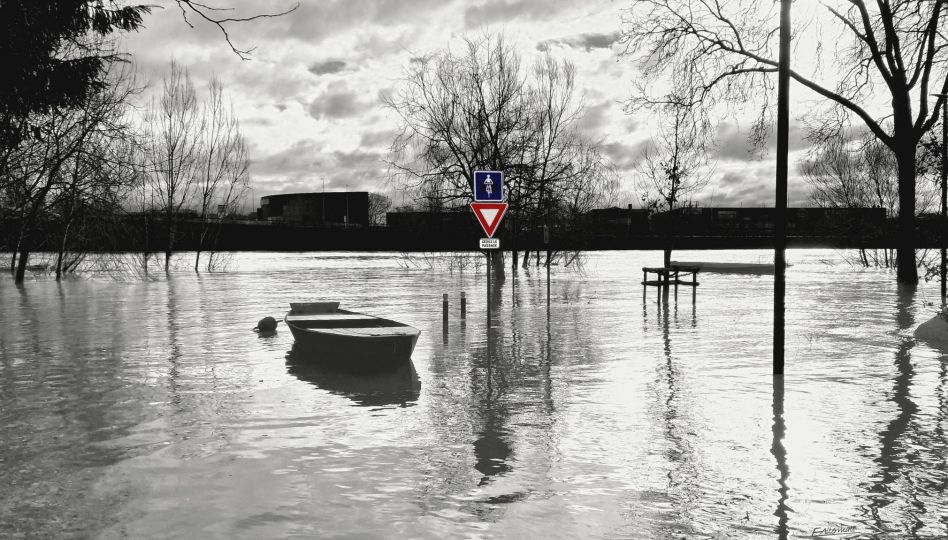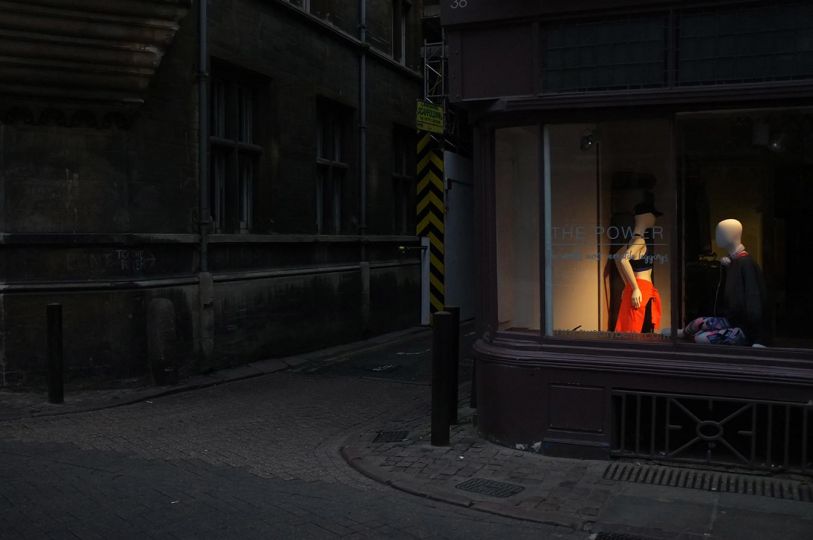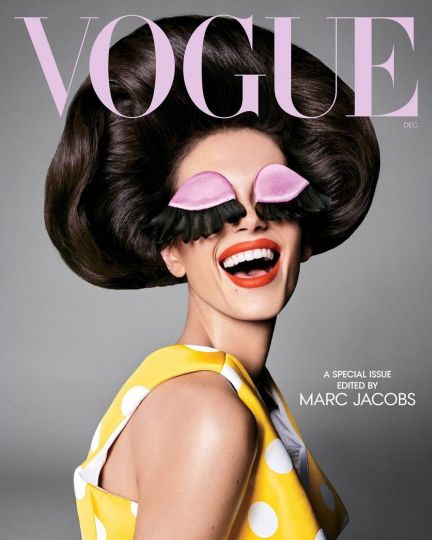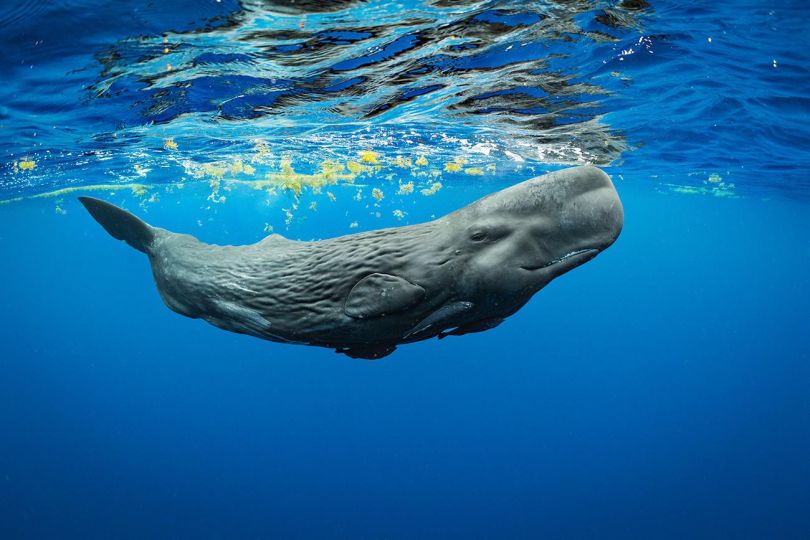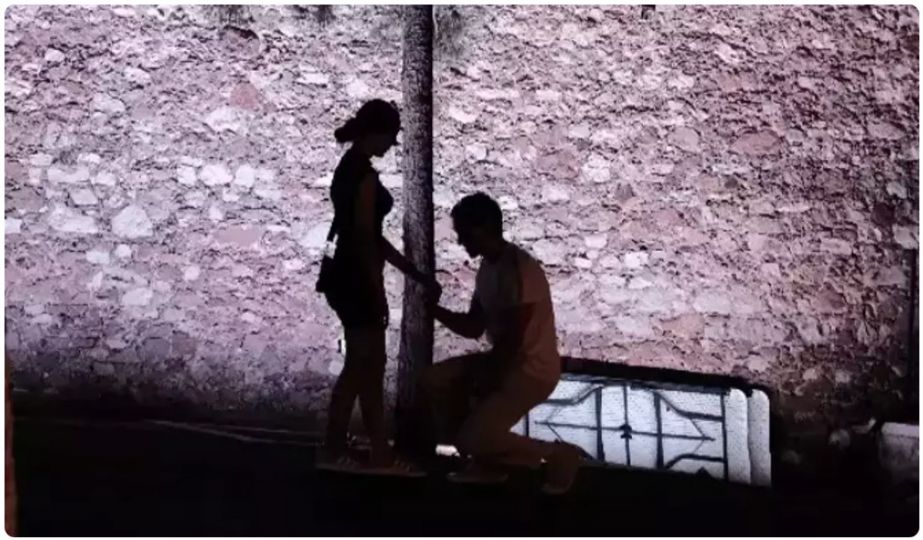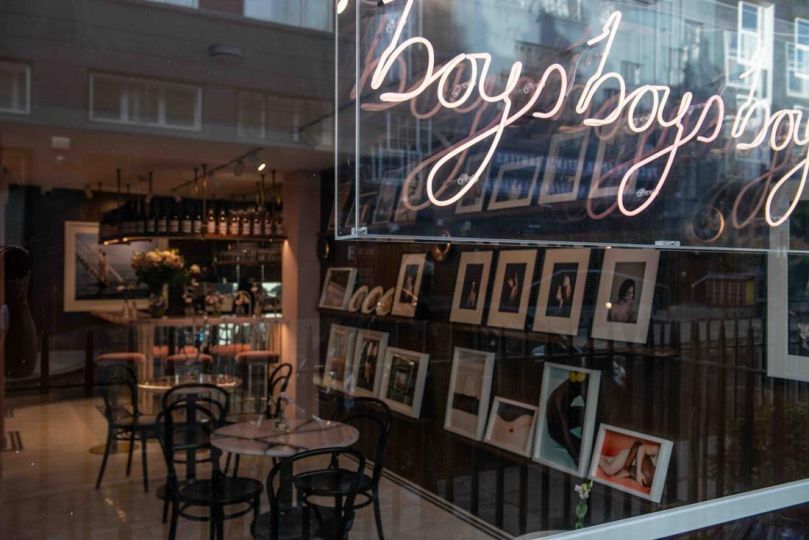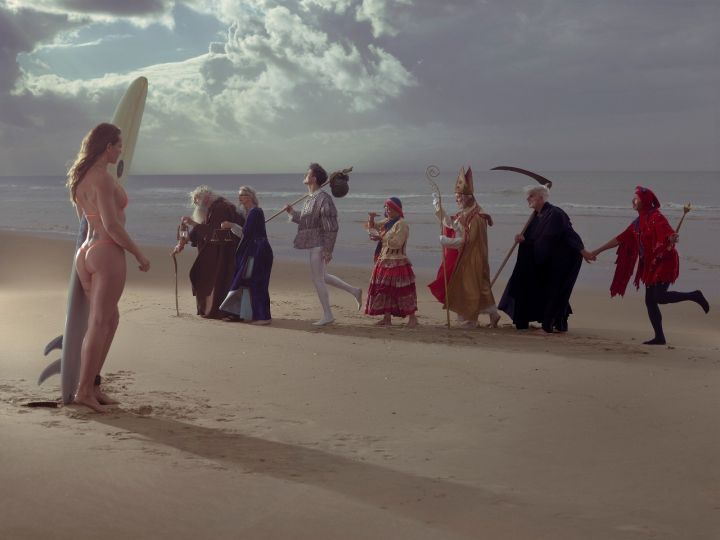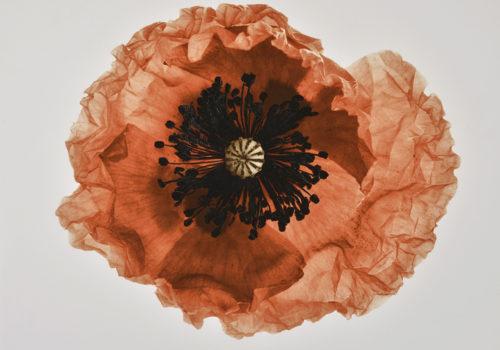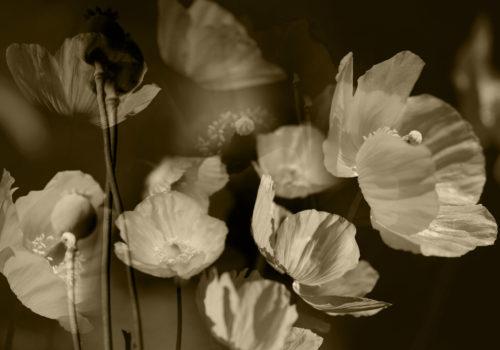The photographic works presented at the fourth edition of the Rabat Photographic Meetings (RPR 2019) suggest a series of scenes, visions and experiences in a photographic style that draws its visual language, sometimes in the local repertoire, sometimes the universal . Also, when it intercepts these mirrors, the eye of the spectator can only be engulfed by this kind of fire coming from photographers obsessed and dreamers, while being seasoned and engaged. Thus, these photographers have managed to make the arduous theme chosen for this edition, namely “Frontiers and mobility”, a fertile ground for subtly deploying their questions and experimenting their choices and aesthetic concerns, and this in despite the many difficulties that such a theme has.
The visual approaches to the exhibitions, as well as the exchanges that will take place in the context of this edition, are likely to vary notoriously in content and form, but the aims remain the same, in that the common torment of the participants remains that of to engage fully in the description, analysis and recomposition of the fragments of an issue that has become, today, the burning question, par excellence. This question is about wondering about the possibilities and the conditions, but also the limits that can bring us closer to or move away from the question of borders and mobility, whatever the nature, physical or imaginary. subjective or objective, individual or collective.
In addition, we can say that the photographers whose works are presented, have succeeded, in many ways, in the transmission of their messages made of sagacious visual productions, penetrating and twisting the neck to many stereotypical representations of which many screens abound, while quickly introducing interesting visual metaphors and important “color” rhythms in search of pleasure, ecstasy and visual satisfaction.
In our opinion, this is due to the great wealth, undeniable aesthetic diversity and certain multiculturalism that characterizes the participants coming from: France, Mexico, Venezuela, Lebanon, Algeria, Palestine, Iraq and especially Morocco.
And from these references, these sensibilities and these fruitful intentions, as well as creative torments that express themselves through novel visual representations and unfold via a new vocabulary, in the form of photographs, photographic installations, videos or films, the works of Karim Borjas, Nicolas Havette, Imad Mansour, Kenza Benjelloun, and Safaa Mazirh invite us to discover a magnificent collection of images that celebrate the notions of borders and mobility, especially in their relationship with the body , a body related to fragile, cracked, harassed and worried subjects. This is achieved through the ingenious and highly professional exploitation of a graphic language based on the fusion of expressions and themes from the universal repertoire of contemporary art (such as the wink to Magritte or d ‘other artists’), thus giving these works a notorious pictorial character.
For their part, Youssef Bensaoud, Nizar Laajali (the discovery of the 4th edition of the RPR 2019), Pia Elizondo, Saad Tazi, Patrick Zachmann, Taysir Batniji, Mohamed Mali, Nour Eddine El Ghoumari, Hamadi Ananou and Thami Benkirane, offer performances where the frontier and the mobility unfold through a mixture of expressive and documentary aspects, giving rise to productions characterized by their density and diversity, all in a style which, on the one hand, favors brevity, and, the other, the cult of detail, and showing excellence in the representation of events, states and situations in which the frontier is the subject of a softened, dissolved, and deconstructed presence.
The works of Halida Boughriet, Hassan Nadim, Mehdy Mariouch, Nissrine Seffar, Mostapha Romli and Abderrazzak Benchaabane celebrate the same notions, with slight differences excelling in the staging of the worlds related to borders and mobility, and this by recomposing fragments of their photographs, piece by piece, to give them new appearances, as well as new horizons and meanings. By doing so, these artists have contributed greatly to changing the perceptions and representations of the viewer, about this theme to which so many clichés and stereotypes stick.
In all generosity, human sensitivity and a critical vision that departs from the beaten track, Jacqueline’s works transmit to us fragments of the lives of people crossing borders and undergoing the weight of peregrination and the hazards of departures. The fact of ignoring the human being by excluding him, is the main feature distinguishing this approach which seems to provoke us and to accuse us of guilty silence with regard to what is happening, thus conforming to the noble mission of the committed artist, concerned with the trials and misfortunes of humanity.
These are the few aspects that are likely to bring us closer to the aesthetic and intellectual concerns of the participants of this edition and who are fully aware that their works are mere thresholds in the evocation of the problem of the border and mobility, and modest contributions to the monitoring of the horrific and unrestrained events that our contemporary societies are experiencing.
Jaâfar Akil
Artistic director
Rencontres Photographiques de Rabat
and President of the Moroccan Association of Photographic Art (AMAP)
4th edition of the Rabat Photographic Encounters 2019
Espace Expressions CDG
Bab Rouah and Mohamed El Fassi Galleries
From April 30 to May 30, 2019

